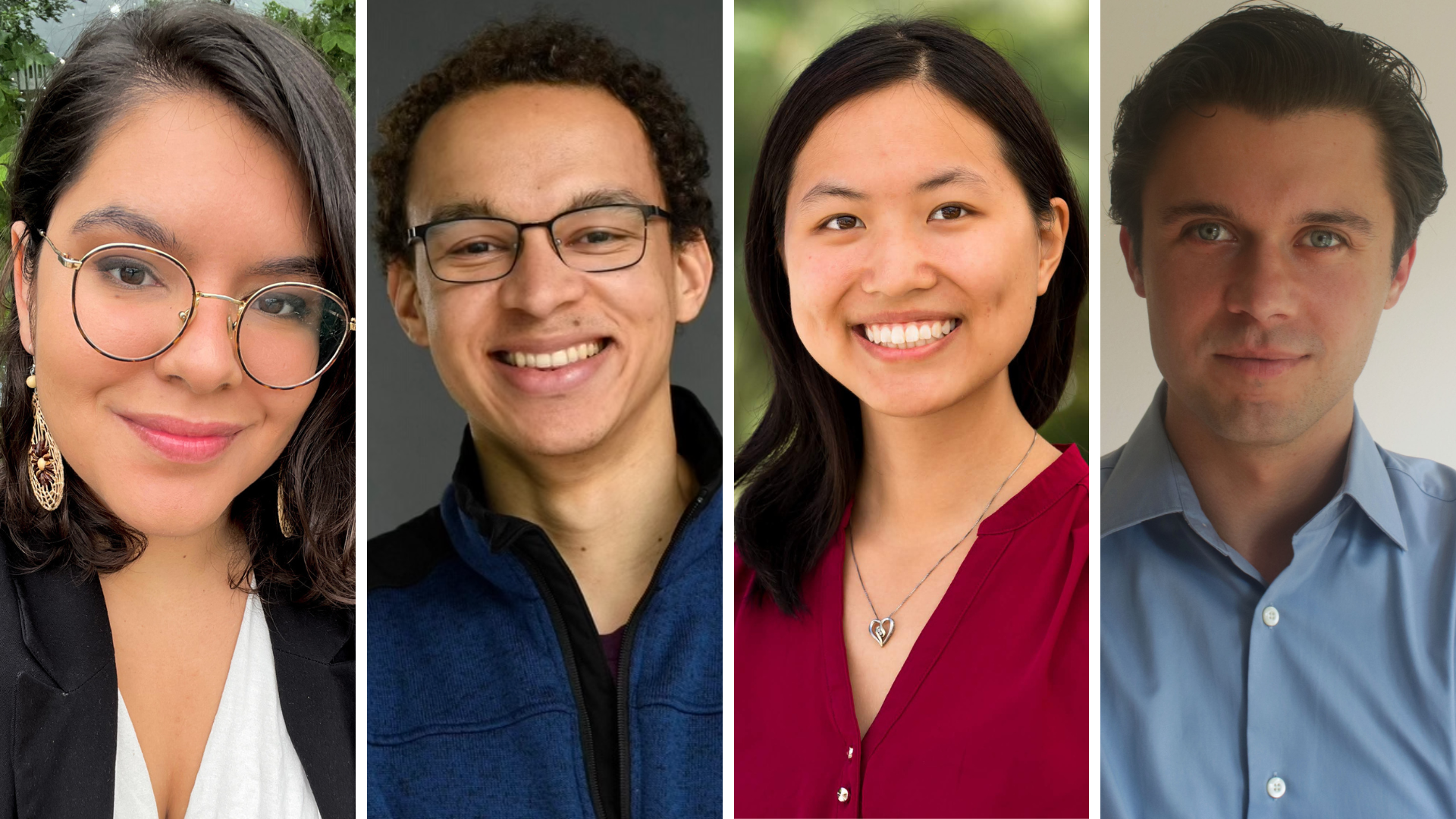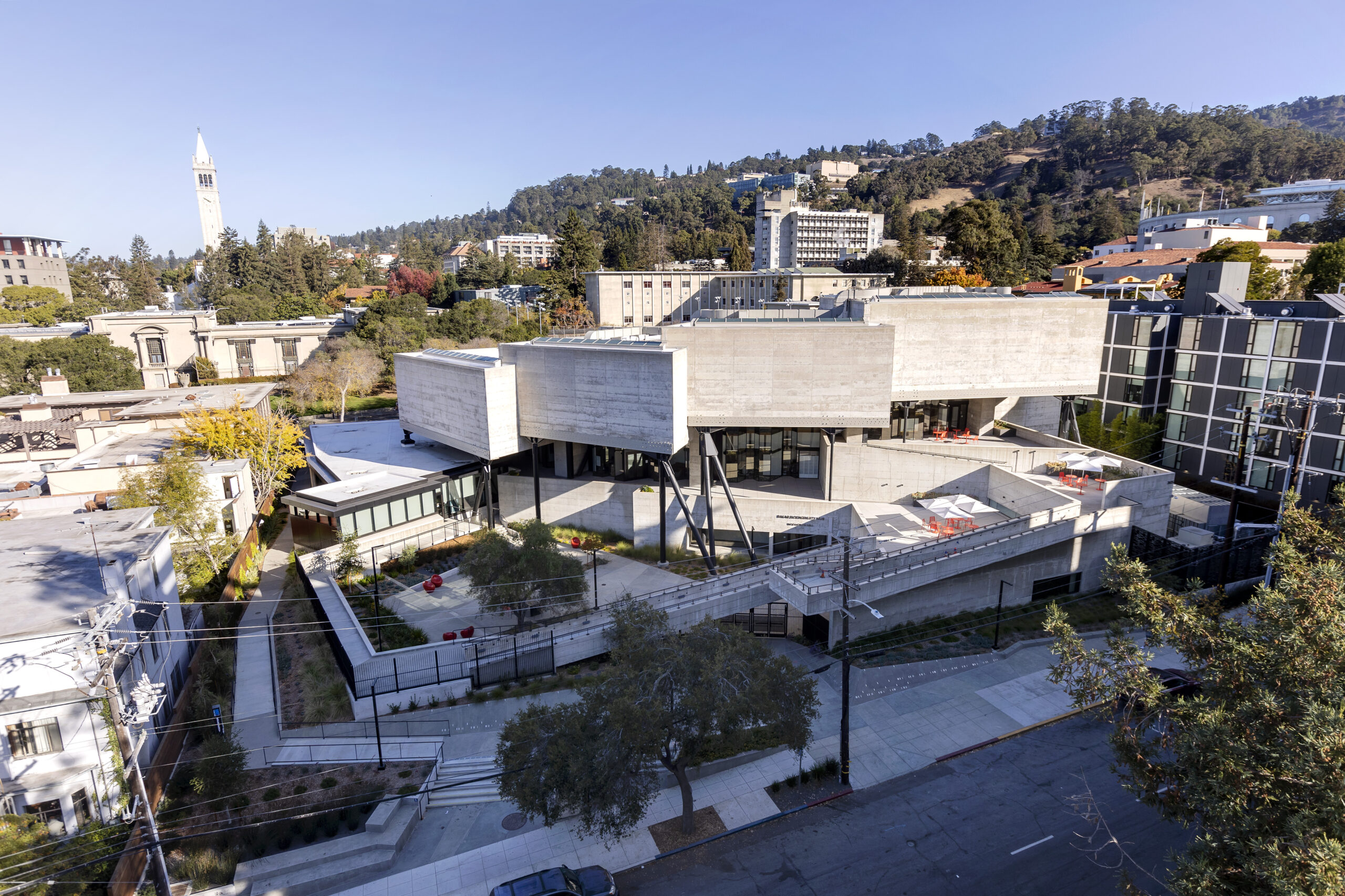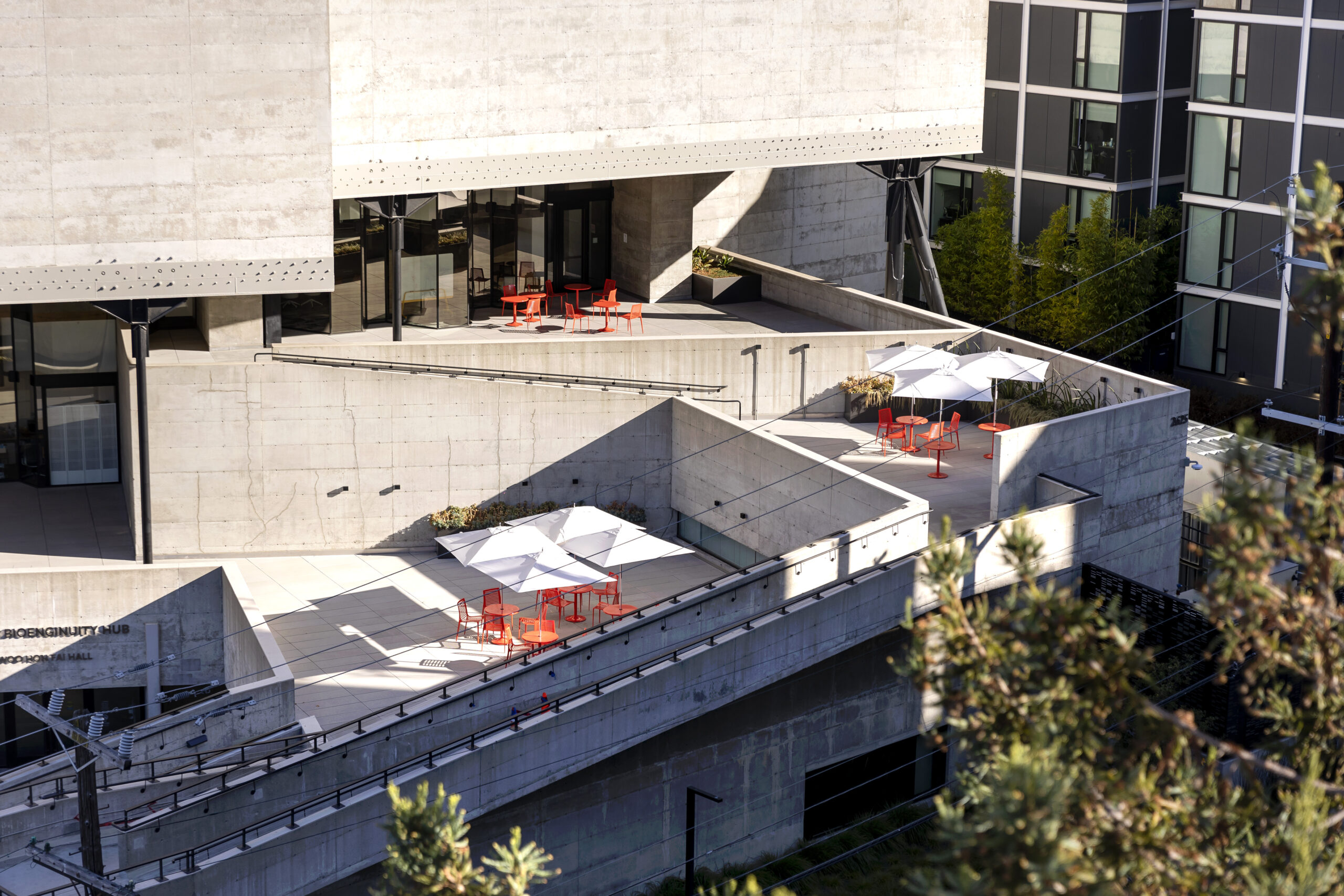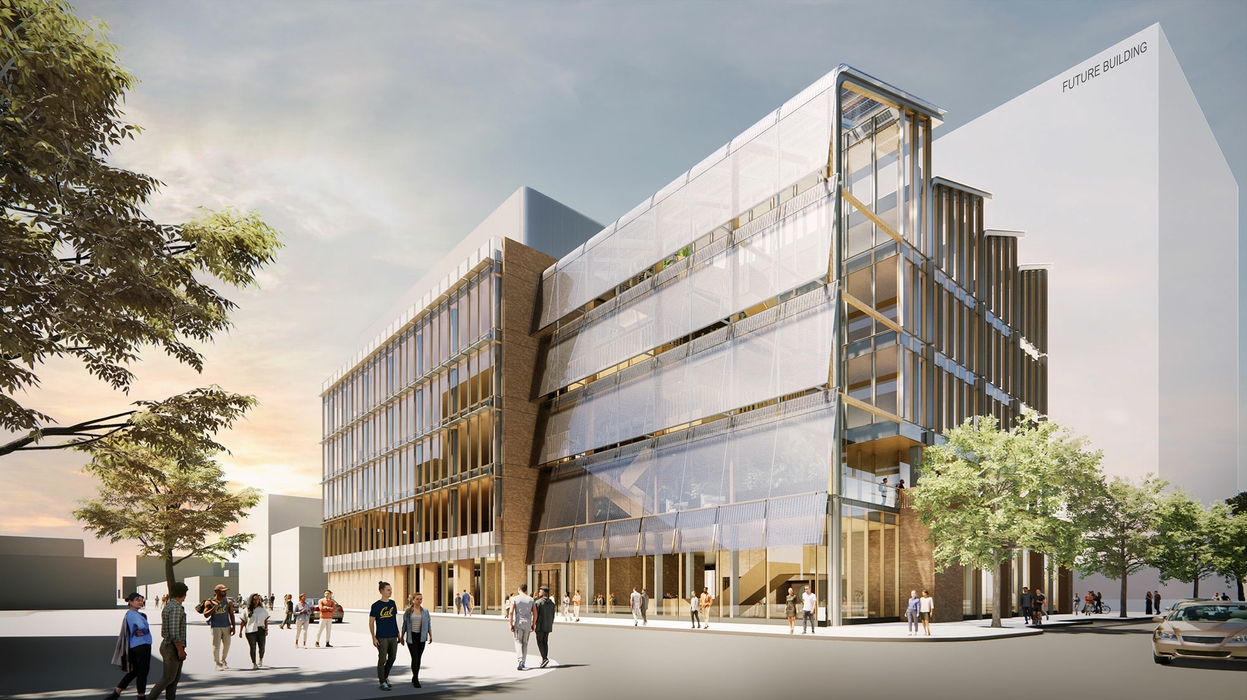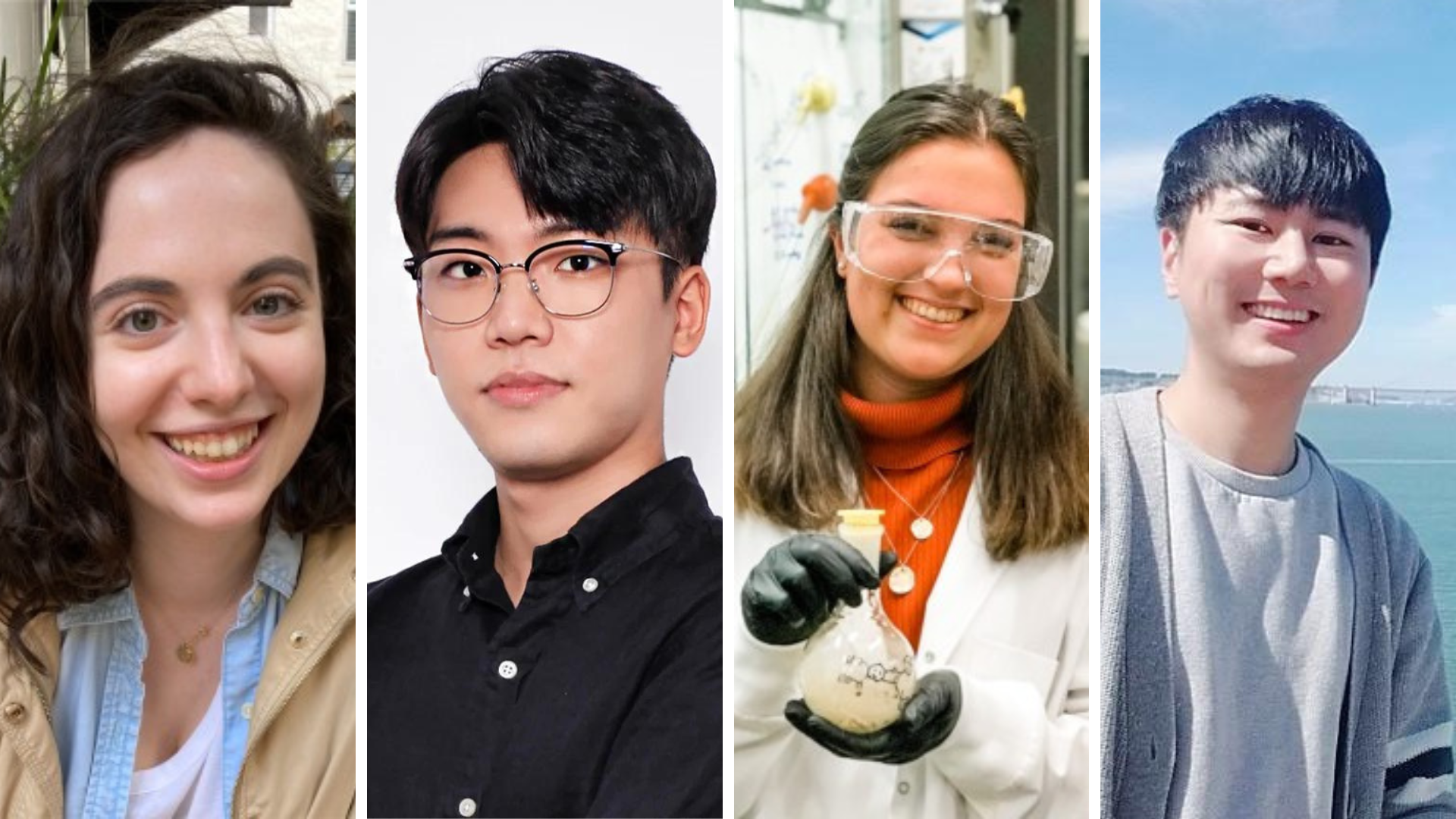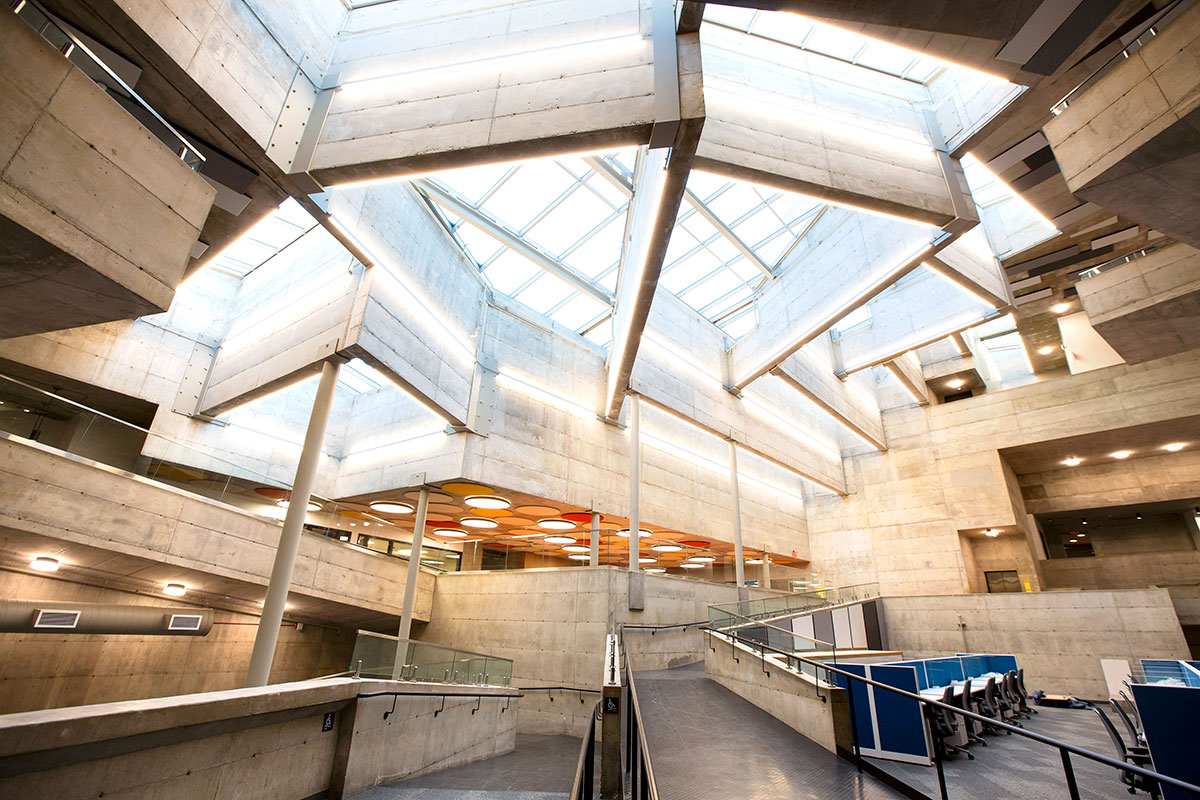Niren Murthy: Stories from 10 Years of the Bakar Fellows Program
By: Niki Borghei
From the Bakar Fellows Program’s 10th anniversary series
“I’ve been at this university for about ten years, and there were several projects in our lab that we thought had some commercialization potential,” said Dr. Niren Murthy, a Professor of Bioengineering. “Raising money for early stage commercialization is very difficult, especially as an academic lab. The Bakar Fellows Program looked like a very appealing place to apply because of the resources, expertise, and community. We’re very happy about being a part of it.”
In a video interview with the Bakar Fellows Program, Dr. Murthy described the research he was conducting in collaboration with postdoctoral researcher Dr. Tara deBoer. They were developing a chemical amplification system called DETECT which rapidly identified bacterial drug resistance. This test would help healthcare professionals identify patients with high-risk infections, such as urinary tract infections, and get them the right treatment. This research has culminated in the company BioAmp Diagnostics, of which Dr. deBoer is now the CEO.
The Bakar Prize, which was established in 2018, offers additional funding to Bakar Fellows who are making incredible progress with commercialization but require additional funds beyond the Spark Award. As Bakar Prize recipients, Dr. Murthy and Dr. deBoer were able to move forward with their project beyond what they initially thought possible.
“The Bakar Fellowship and the Bakar Prize did one key thing,” said Dr. Murthy in the video, “they made me think it’s possible that the people in my lab could do start-ups, that we could be successful at it. And that’s a huge change.”
Something Dr. Murthy notes is how dramatically the biotech industry has changed in the last twenty years. There is a major shift happening, he explained, and it is now easier than ever for graduate students and postdocs to start their own companies.
“If you think about twenty years ago, big pharma companies would not invest in anything that was not a small molecule. But now, all of the new, exciting therapeutics are not small molecules, they’re cutting-edge technologies that are at their research stage. This type of new investigational drug discovery is what academic labs are really good at. There are a lot of examples of this, but somebody’s PhD thesis has the possibility of raising money for a startup. Twenty years ago, this was impossible. There was no way a grad student from my lab could raise two million dollars. But that’s actually happened to two people in my lab.”
